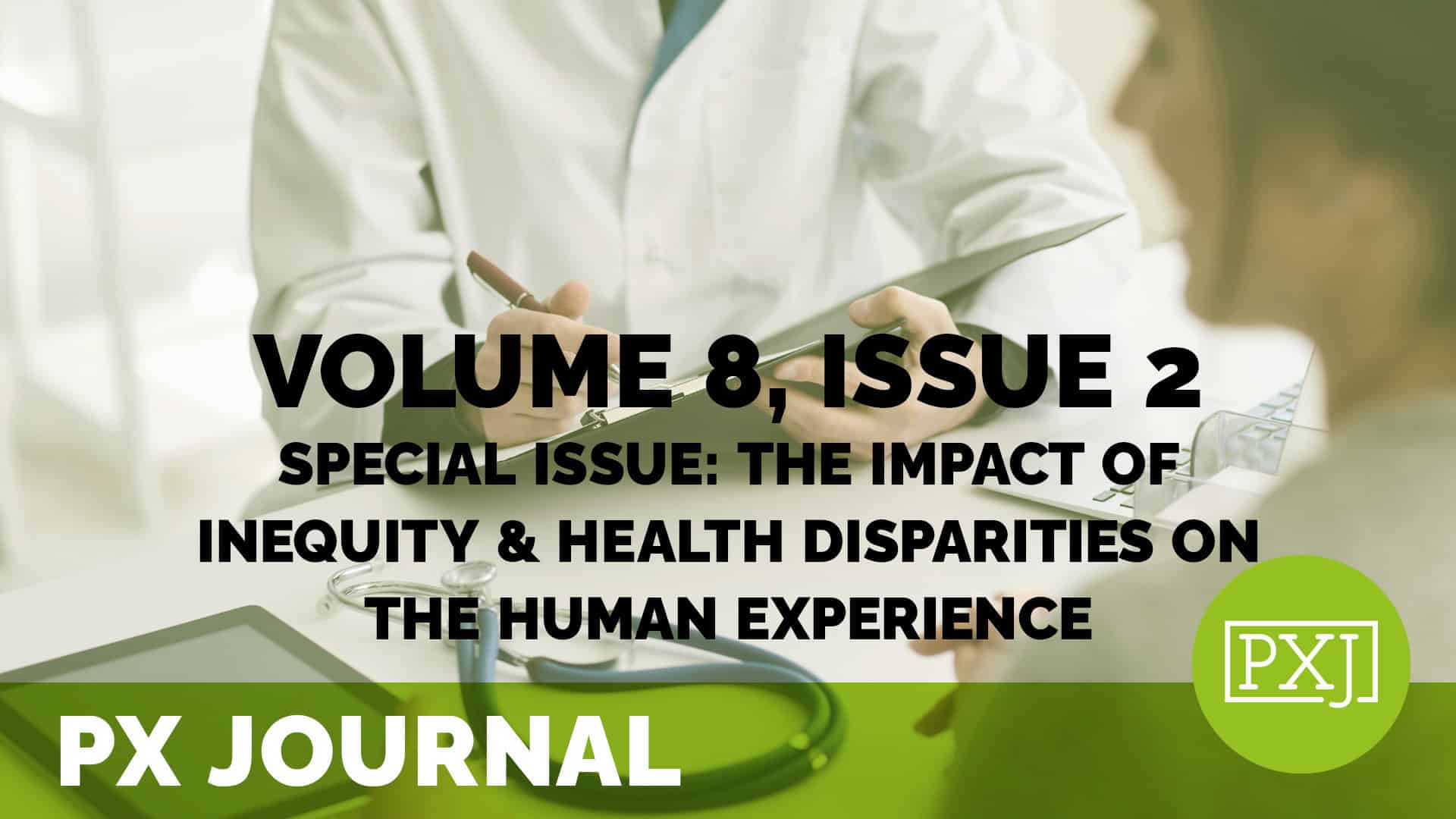His Story: “I would be better off dead”

A physician shares the story of his brother’s experience in an ICU, how the hospital caring for him failed him as a human being, and how the pain of not being properly cared for and not being treated with dignity and respect left the patient feeling he would be better off dead. In the back of his mind the patient wondered if it was because he is Black. The story prompts the author to reflect on patient rights as a reminder that healthcare is called to serve, to love, to be empathetic, to be respectful, to be humble, to listen, and to be trustworthy. Re-establishing trust with the people and communities that healthcare serves is the hill that all in healthcare must climb together to ensure his brother’s story is never repeated.
Related content
-
 Patient Family & Community Engagement | Staff & Provider Engagement
Patient Family & Community Engagement | Staff & Provider EngagementThe Importance of Emotional Intelligence in Patient Relations (Part 2)
The Patient Relations department assesses and resolves complex patient issues related to customer service, billing, and patient care daily by researching errors and patient issues and finding the proper solution to satisfy the needs of the patient and their care partners. Individuals possessing a high emotional intelligence (EI) quotient can use their emotions as a
Learn more -
 Patient Family & Community Engagement
Patient Family & Community EngagementA Patient’s Journey: Navigating Life with Type 1 Diabetes
We are all patients. This article represents my views from my personal experience with type 1 diabetes for 25 years, in combination with my professional experience over the past 10 years as I have worked in patient support, health promotion and improving the patients’ experience. I aim to provide an outlook on the patient perspective,
Learn more -
 Patient Family & Community Engagement
Patient Family & Community EngagementConsumers’, Family Members’, and Health Practitioners’ Perspectives on Increasing Activity Engagement of Older Patients Admitted to Geriatric Hospital Units
The aim of this study was to explore the perspective of consumers, family members, and health practitioners on increasing patient activity engagement in a Geriatric Evaluation and Management (GEM) Unit. This study followed a qualitative phenomenology approach. Semi-structured interviews were conducted, audio-recorded and transcribed verbatim with consenting patients (n = 12), family members (n =
Learn more
